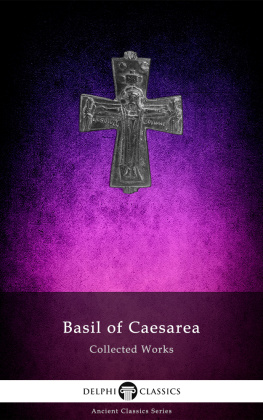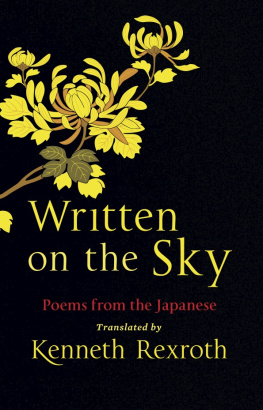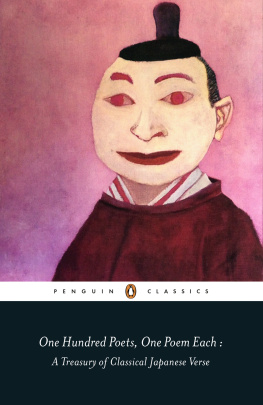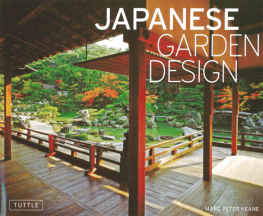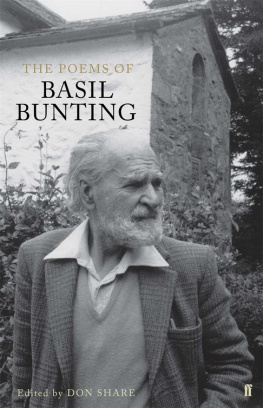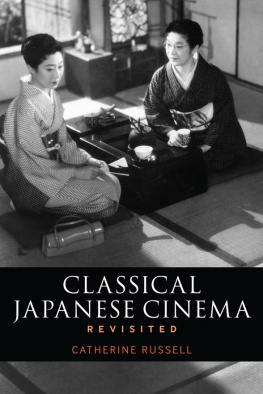First published in 1880 by
Trbner & Co Ltd
Reprinted in 2000, 2002 by
Routledge
2 Park Square, Milton Park, Abingdon, Oxon, OX14 4RN
Transferred to Digital Printing 2007
Routledge is an imprint of the Taylor & Francis Group
1880 Basil Hall Chamberlain
All rights reserved. No part of this book may be reprinted or reproduced or utilized in any form or by any electronic, mechanical, or other means, now known or hereafter invented, including photocopying and recording, or in any information storage or retrieval system, without permission in writing from the publishers.
The publishers have made every effort to contact authors/copyright holders of the works reprinted in Trbners Oriental Series.
This has not been possible in every case, however, and we would welcome correspondence from those individuals/companies we have been unable to trace.
These reprints are taken from original copies of each book. In many cases the condition of these originals is not perfect. The publisher has gone to great lengths to ensure the quality of these reprints, but wishes to point out that certain characteristics of the original copies will, of necessity, be apparent in reprints thereof.
British Library Cataloguing in Publication Data
A CIP catalogue record for this book is available from the British Library
The Classical Poetry of the Japanese
ISBN 0-415-24532-X
Japan: 3 Volumes
ISBN 0-415-24293-2
Trbners Oriental Series
ISBN 0-415-23188-4
THE CLASSICAL POETRY
OF
THE JAPANESE.
BY
BASIL HALL CHAMBERLAIN,
AUTHOR OF
YEIGO HEKAKU ICHIRA.
LONDON:
TRBNER & CO., LUDGATE HILL
1880.
[All rights reserved.]
PREFACE.

IN bringing before the public a subject which, if remote, has at least the merit of novelty, it is the translators pleasant duty to acknowledge the assistance which has done much to smooth for him the difficulties of an almost untrodden path. From European sources, indeed, little or no help has been derived. But to a native man of letters, Suzuki Tsunemasa, thanks are due for continued aid and counsel during the preparation of the present versions, while the necessary preliminary studies would never have been successfully carried through but for the kind encouragement of the aged poetess Tachibana-no-Toseko, Writing at a distance from England, and unable personally to supervise the correction of the proofs, the translator must beg the indulgence of Orientalists if any errors should have crept into the spelling of Japanese words. A few of the Short Odes and three or four of the longer pieces have already appeared in the pages either of the Cornhill Magazine or of the Transactions of the Asiatic Society of Japan, and to the President and Council of this Society and to the Editor of that Magazine thanks are due for permission to republish. The chief native works that have been consulted are:
Hiyaku-Ni Itsu-Shiu Hito-Yo Gatari (Nightly Conversations on the Hundred Odes by a Hundred Poets), by Wozaki Motoyoshi
Ise Mono-Gatari Ko-I (The Old Signification of the Tale of Ise), by Kamo-no-Mabuchi.
Kagura Iri-Aya (The Damask of the Sacred Songs Penetrated), by Tachibana-no-Moribe.
Kita Riu Yeukiyoku Bo (Book of Lyric Dramas According to the Kita Style).
Koki Wa-Ka Shifu Uchi-Giki (Memoranda Concerning the Collection of Japanese Odes Ancient and Modern), by Kamo-no-Mabuchi.
Kozhiki De (Traditional Commentary on the Records of Antiquity), by Motowori Norinaga.
Kuwaze Riu Yeukiyoku Bo (Book of Lyric Dramas According to the Kuwaze Style).
Kuwazhi Kau (Considerations on the Pillow-Words), by Kamo-no-Mabuchi
Mayefu Kau (Considerations on the Myriad Leaves), by Kamo-no-Mabuchi.
Mayefu Kau Betsuki (Addenda to the Considerations on the Myriad Leaves), by Kamo-no-Mabuchi.
Mayefu Shifu-Ho Seu (Gleanings from the Myriad Leaves,a Commentary), by Kitamura Kigi.
Mayefushifu Riyakuge (Abbreviated Commentary on the Collection of a Myriad Leaves), by Tachibana-no Chikage.
Miydko Meishiyo Dzuwe (Illustrations of the Sights of the Capital), by Magakizhima Akisato.
Mo-Shio Gusa (Seaweed), by Souseki
Niko Shiyoki (Notices of Japan), by Prince Toneri.
Nou Kiyau-Ge (Comic Interludes of the Lyric Dramas), M.S.
Setsutsu Meishiyo Dzuwe (Illustrations of the Sights of Setsutsu), by Magakizhima Akisato.
Shimotsuke Koku-Shi (Archives of the Province of Shimotsuke), by Kahano Morihiro.
Shi-Se Sei-Shi Roku (Newly Selected Index of Family Names), by Prince Mata
Utahi Sakushiya Nou Butai Tou Kaki-Tsuke (Memoranda Concerning Dramatic Authors, the Lyric Stage, &c.), by the Heads of the Nou Families, M.S.
Wa-Miyau Ruwi-Zhiu Seu (Japanese Words Collected in Categories with Commentary), by Mina-moto-no Shitagafu.
Yamato Meishiyo Dzuwe (Illustrations of the Sights of Yamato), by Haira.
Yamato Mono-Gatari Seu (Commentary on the Tales of Japan), by Kitamura Kigi.
Yeukiyoku Shifu-Yefu Seu (Gleanings from the Lyric Dramas,a Commentary), by Zhikou.
IMPERIAL NAVAL COLLEGE, YEDO,
September 1880.
THE CLASSICAL POETRY
OF
THE JAPANESE.
INTRODUCTION.
I.
THE current impression that the Japanese are a nation of imitators is in the main correct. As they copy us to-day, so did they copy the Chinese and Coreans a millennium and a half ago. Religion, philosophy, laws, administration, written characters, all arts but the very simplest, all science, or at least what then went by that name,everything was, imported from the neighbouring continent; so much so, that of all that we are accustomed to term Old Japan scarce one trait in a hundred is really and properly Japanese. Not only are their silk and lacquer not theirs by right of invention, nor their painting (albeit so often praised by European critics for its originality), nor their porcelain, nor their music, but even the larger part of their language consists of mispronounced Chinese; and from the Chinese they have drawn new names for already existing places, and new titles for their ancient gods. That their literature should be, for the most part, fashioned on the Chinese model and express Chinese ideas is, therefore, but what was








